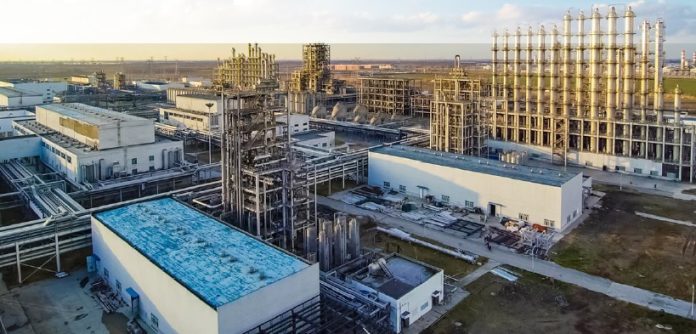Daqo New Energy recorded a guidance-beating performance in the opening quarter of 2022, cashing in on excess inventory, lower production costs and higher than anticipated average selling prices (ASPs).
The polysilicon provider is now turning its attention to capitalising on high ASPs, which chief executive Longgen Zhang warned are expected to rise further in May and stay elevated throughout 2022, by pushing ahead with its expansion plan.
Daqo produced 31,383MT of polysilicon in Q1 2022, selling 38,839MT – a more than three-fold increase on its sales volume in Q4 2021 – as it cashed in on excess stock from the previous quarter.
Production costs also fell by more than 28% in the quarter to US$10.09/kg owing to a fall in the price of silicon powder, with Daqo further expecting these costs to fall as it realises production efficiencies with the ramp up of its Phase 4B expansion.
While ASPs realised in the quarter fell slightly quarter-on-quarter, down to US$32.76/kg, they remained higher than expected and, courtesy of the increased sales volume, powered Daqo to a best-ever quarterly revenue figure of US$1.28 billion.
Gross margin rose to 63.5%, with the company’s gross profit reaching US$813.6 million.
Daqo maintained its full-year production guidance of 120,000 – 125,000MT of polysilicon, but Zhang also noted that the firm was continuing to pursue its expansion strategy after successfully ramping its 4B facility throughout Q1 2022.
Speaking to analysts after the results disclosure, Zhang confirmed that field work had started on the new 100,000MT polysilicon production facility in Inner Mongolia. It now expects all equipment to be on site by August, with initial production to start in Q1 2023 before ramping throughout Q2 2023.
That facility is expected to add between 70,000 – 80,000MT to the company’s output in 2023 and while Zhang would not be drawn onto specific guidance, the CEO stated total polysilicon output by Daqo in 2023 could land within the 200,000 – 210,000MT range.
Daqo is also eyeing a new 200,000MT silicon metal production facility, an expansion which hinges on various planning approvals and the success of capital raises planned for this summer. Such a plant could feasibly still commence production in Q1 2023, Zhang said.
Zhang also confirmed that while COVID-19 lockdowns in the east of China, specifically Shanghai and Ningbo, were causing some logistical issues – creating a lag between confirmed shipments and revenue recognition for the business – it has yet to experience any major impact to its production bases in Xinjiang and Inner Mongolia. The company is nevertheless preparing for these to occur.
Daqo turns attention to expansions after cashing in on polysilicon sales to record ‘best-ever’ quarter
Daqo’s Phase 4B expansion continued to ramp in Q1 2022.
Source:PVTECH
ViaLiam Stoker






